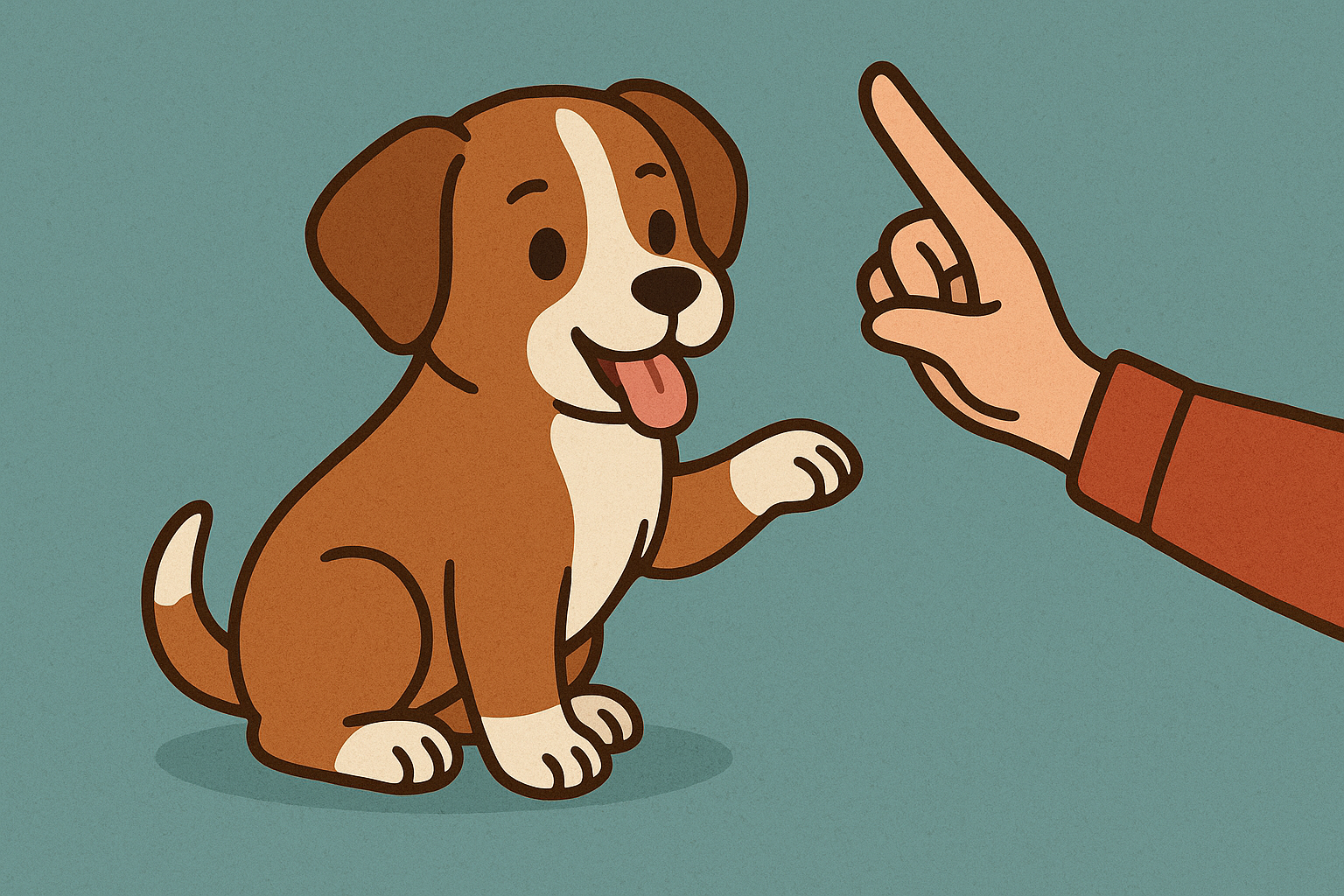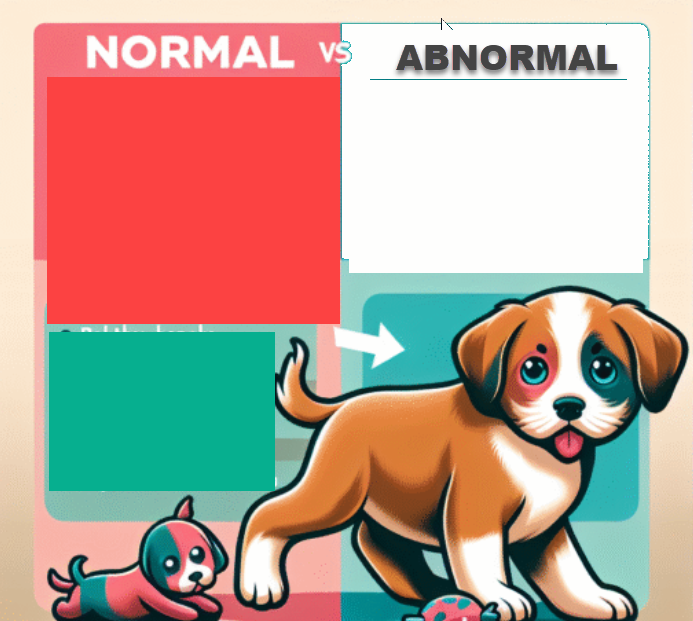The Importance of Sleep for Puppies
Sleep is not just a time for puppies to rest but a critical period for physical growth and brain development. Just like human babies, puppies experience substantial growth during their sleep. Growth hormones are predominantly released during slumber, facilitating the rapid physical changes puppies undergo. Furthermore, sleep contributes significantly to brain development, as this is when neural connections form and strengthen. Dr. Stanley Coren, a renowned canine psychologist, emphasizes that, “Sleep is as essential as food for healthy puppy development.”
Moreover, sleep is pivotal for a puppy’s behavior and training. A well-rested puppy tends to be more focused and receptive to training. Conversely, lack of adequate sleep can lead to irritability and increase behavioral issues, making it harder for the young dog to learn new commands. Providing enough rest paves the way for better-behaved and more trainable pets in the long run.
Newborn Puppies (0-2 Weeks)
During the first two weeks of life, newborn puppies spend most of their time sleeping—up to 22 hours a day. This extended sleep duration is vital, as they are undergoing significant developmental changes. At this stage, puppies are born with their eyes tightly shut, and they rely solely on touch and scent for survival. The only interruptions to their sleep are nursing periods every couple of hours. Key milestones during this phase include slight physical growth and the beginning of motor skills development.
Young Puppies (3-8 Weeks)
As puppies transition to the young stage, their sleep patterns start to change notably. With eyes open, they become more curious, exploring their surroundings. Their sleep necessity reduces slightly to around 18-20 hours a day. This period is critically linked to sensory development; while they still need substantial sleep, wakeful periods are essential for exploring and learning about their environment. This phase bridges the gap between complete dependency and the first steps towards independence.
Older Puppies (2-6 Months)
Older puppies between 2 to 6 months require about 15-18 hours of sleep a day. During this stage, they become more active, social, and playful, which significantly affects their sleeping habits. Playfulness and learning take center stage, with more awake periods filled with exploration and interaction. This stage also involves increased physical and mental activity, which necessitates adequate rest for optimal recovery and continued growth.
Adolescent Puppies (6-12 Months)
Adolescence in puppies is marked by shifts in sleep cycles and increased energy levels. Puppies in this age range typically sleep around 14-16 hours a day as they balance physical activity with rest. As physical activities and social interactions become more intense, rest becomes crucial for their recovery. During this phase, puppies continue to develop social skills, and their environments greatly influence their sleep quality and quantity.
Factors Influencing Puppy Sleep
Several environmental factors play a significant role in a puppy’s sleep quality. The sleep environment should be comfortable, quiet, and secure to encourage deep rest. A consistent daily routine helps puppies understand when to rest and when to be active. Diet is another essential aspect; ensure it’s balanced and appropriate for their age, as it can significantly affect energy levels and sleep patterns.
Health and developmental factors, such as teething, growth spurts, and vaccinations, can also impact sleep. For instance, teething can lead to discomfort, potentially disturbing sleep, while growth spurts might increase the need for more rest to facilitate rapid physical changes. Be attentive to these factors, as they directly affect a puppy’s sleep needs.
Tips for Promoting Healthy Sleep in Puppies
Promoting healthy sleep in puppies involves establishing a consistent sleep routine. Consistency helps set their internal biological clock for regular sleep and wake times. Ensure they have comfortable bedding in a designated sleep area that’s quiet and dimly lit, simulating a natural sleeping environment. Consider calming toys that offer comfort and help the puppy relax.
Before bedtime, engage your puppy in calming activities. Avoid high-energy play as bedtime approaches, giving them adequate time to wind down. These practices not only enhance sleep quality but also promote overall well-being.
Signs of Sleep Problems in Puppies
Identifying sleep problems in puppies early can prevent long-term behavioral and health issues. Common signs include restlessness during sleep, excessive whimpering, or reluctance to settle down. If your puppy exhibits these behaviors frequently, it could indicate sleep disturbances or discomfort.
Seek veterinary consultation if you notice persistent sleep problems. A vet can conduct a health check to rule out underlying medical conditions affecting sleep. Timely intervention can help get your puppy back on track for healthy sleeping patterns.
Conclusion
Understanding and supporting healthy sleep patterns in puppies is crucial for their development and well-being. By recognizing the importance of sleep and being attuned to your puppy’s needs, you can ensure they grow up to be healthy, well-adjusted dogs. Monitor their sleep habits and adapt care practices as they progress through different life stages, supporting their natural growth and development.
References/Sources
- Coren, S. (2015). Understanding sleep functions in young puppies, retrieved from the American Kennel Club website.
- Veterinary Centers of America (VCA) – Discusses the developmental needs of puppies, including sleep patterns.
- The Humane Society of the United States – General guidelines on puppy care and sleep needs.
# FAQ: Understanding Puppy Sleep Patterns by Age
How much should newborn puppies sleep?
Newborn puppies, ranging from 0 to 2 weeks old, generally require around 22 hours of sleep daily. This extensive slumber period supports vital physical development and the establishment of fundamental neural connections. Frequent sleep interruptions mainly occur for nursing, a necessary activity given their dependence on maternal care for sustenance and growth.
What are the sleep needs of young puppies aged 3 to 8 weeks?
Young puppies in the 3 to 8-week bracket tend to need about 18 to 20 hours of sleep each day. As their eyes open, they become more aware of their surroundings, and this period is crucial for sensory and environmental exploration. Thus, while their need for sleep decreases slightly, it remains vital for continued neurological and physical development.
How do sleep patterns change for puppies aged 2 to 6 months?
Puppies aged 2 to 6 months generally require 15 to 18 hours of sleep per day as their activity levels increase. This stage involves significant social interaction and play, highlighting the need for restorative sleep to support their learning and energy demands. Proper sleep ensures that puppies can effectively process new experiences and skills acquired during their waking hours.
What factors can disrupt a puppy’s sleep?
Several factors can influence a puppy’s sleep, including environmental elements like noise levels, room temperature, and light exposure. An inconsistent routine can also disrupt their natural circadian rhythms. Additionally, health-related issues such as teething or illness may cause discomfort, affecting sleep quality and duration. Paying attention to these aspects can enhance a puppy’s sleep health.
How can I aid my puppy in achieving better sleep routines?
Establishing a structured sleep routine is essential for encouraging healthy rest habits in puppies. Ensure they have a comfortable and designated sleep area that is quiet and free from distractions. Incorporate calming activities leading up to bedtime, such as soft music or brief play sessions, to signal that it’s time to wind down for the night.
What signs indicate sleep problems in puppies?
Puppies exhibiting persistent restlessness, unusual whimpering, or difficulty settling down might be experiencing sleep disturbances. These could be symptoms of underlying health issues or discomfort in their sleeping environment. If such signs occur frequently, a consultation with a veterinarian is advisable to rule out potential medical problems and receive guidance on improving sleep schedules.








